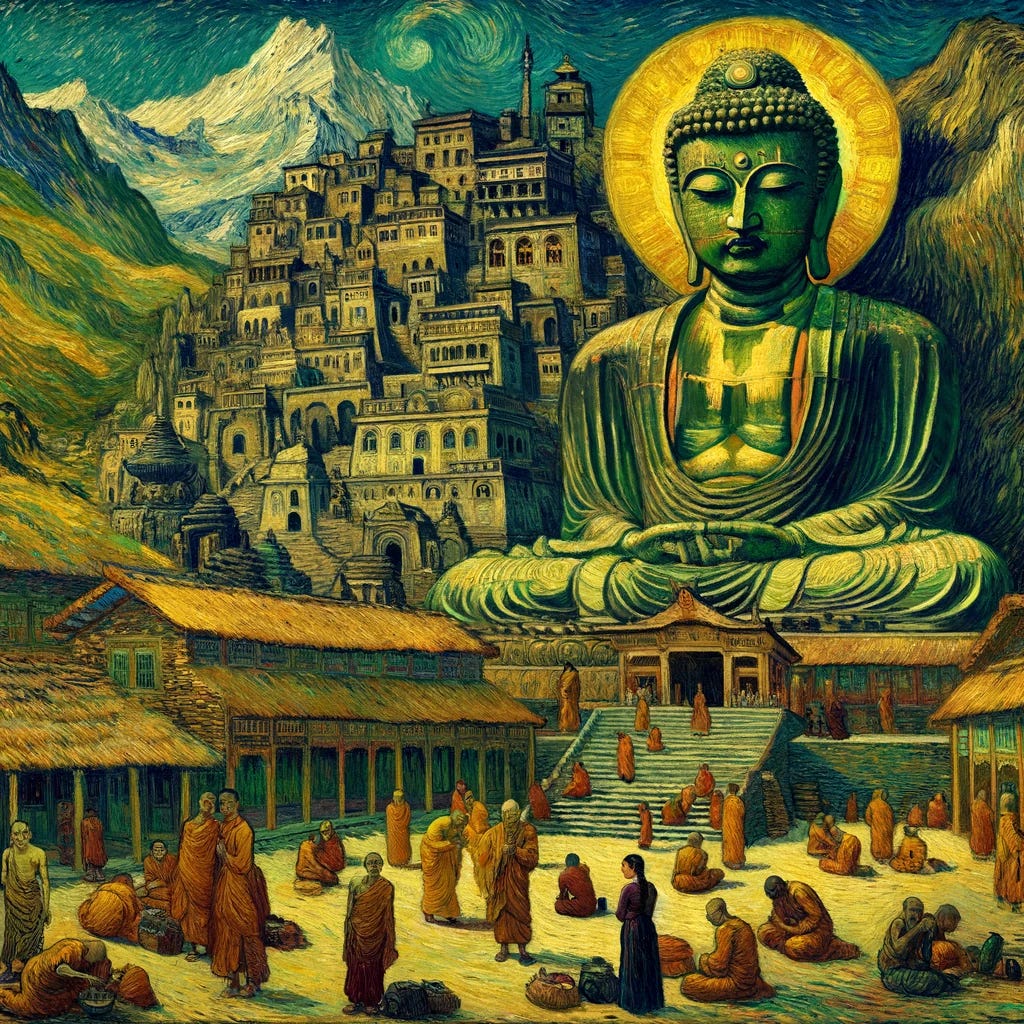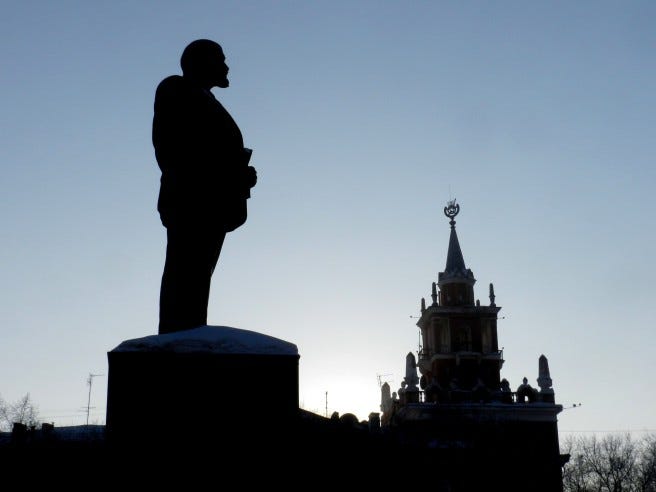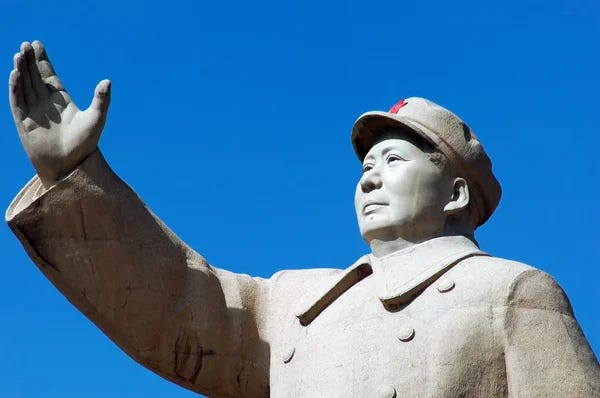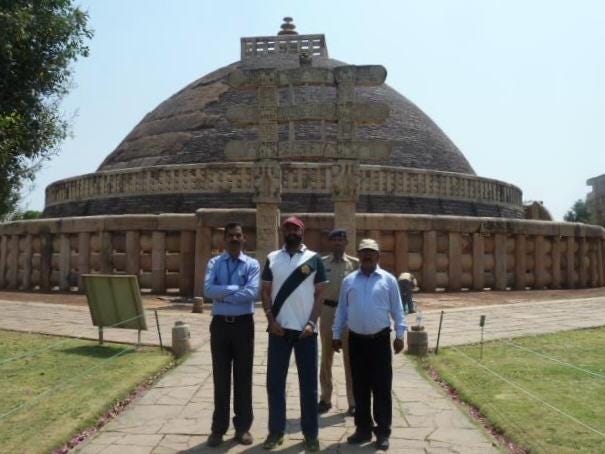"Buddha Invented Communism": An Intellectual Provocation
Delve a little below the surface and you will discover remarkable similarities.
Introduction
The assertion that "Buddha Invented Communism" might strike many as anachronistic or even sacrilegious. Yet, a closer examination of the principles and practices initiated by Siddhartha Gautama and the ideologies underpinning communism reveals intriguing parallels. This succinct essay seeks not to conflate Buddhism with communism but to provoke thought on the similarities between Buddha's teachings and communist doctrines.
Renunciation of Wealth
Buddha famously renounced his princely riches and luxurious life in search of enlightenment, preaching detachment from material wealth as a path to spiritual liberation. This fundamental tenet mirrors the communist critique of wealth accumulation and capitalist excess, advocating for a society where wealth does not dictate one's value or power.
Sanghas as Communes
The establishment of Sanghas by Buddha, communities where monks live and practice together, can be likened to communist "communes." These Sanghas operated on principles of collective living and mutual support, with lay followers encouraged to support these communities through donations and bequests, embodying a form of economic redistribution.
Centralized Authority
In the Sangha, Buddha's word was paramount, akin to the General Secretary of the Communist Party whose directives are undisputed. This centralization of authority under a single figure or ideology is a common feature in both systems, guiding the moral and practical life of the community.
Ambivalence towards Deities
Buddhism emphasizes personal enlightenment over deity worship, aligning with communism's secular focus. Both prioritize human agency in achieving societal or spiritual goals, with communism under Lenin and Stalin advocating state atheism to consolidate ideological authority. This parallel showcases a shared emphasis on self-reliance and rationalism in shaping human destiny.
Supremacy of the Dhamma
Just as the Communist manifesto is held as the ideological blueprint for a communist society, Buddha's Dhamma serves as the ultimate guide for achieving enlightenment and liberation from suffering. Both texts provide a comprehensive worldview and a path forward for adherents.
Absence of Democracy
Neither early Buddhist Sanghas nor communist regimes emphasized democratic decision-making, often favoring a hierarchical or centralized model of governance. This approach reflects a belief in the infallibility of the enlightened or ideologically pure leader(s).
State Religion and Ideology
Emperor Ashoka's conversion to Buddhism effectively made it a state religion in ancient India, similar to how communist ideologies became the sole political doctrine in countries like the Soviet Union. This state endorsement propelled the spread and institutional support for each system.
Military Defense
Buddhism initially lacked formal defense mechanisms for its monasteries, unlike the militarized approaches of communist states. Yet, the existence of Japan's warrior monks (sohei) illustrates that Buddhism was not entirely passive against external threats, reflecting complexities similar to those in the defense policies of communist states. The absence of a defense strategy may have played a role in Buddhism's decline in its birthplace, while the Soviet Union's collapse was partly due to excessive military expenditure.
Idolization and Legacy
Despite Buddha's stance against idol worship, his statues and images proliferate worldwide. Similarly, figures like Lenin and Mao remain revered icons in countries that have moved towards market economies, symbolizing the enduring power of ideology beyond the lives of its founders. The idols survive, while their ideals have been quietly buried.
Summing Up
While the analogy between Buddha's teachings and communism may not align perfectly, the comparison invites a deeper reflection on how ideologies shape societies. Both Buddhism and communism sought in their ways to redefine the relationship between individuals, their societies, and the material world. As we contemplate the legacy of Buddha and the evolution of communist thought, we must ask ourselves about the relevance of these ideas in today's world.
Buddha is dead! Long live Buddha!
Your insights and comments are eagerly awaited as we explore these provocative parallels further.






